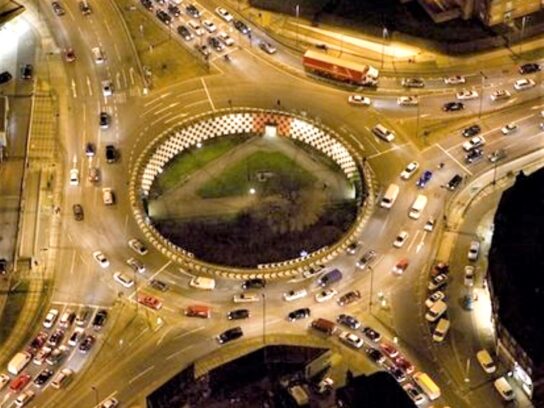
My wife and I just returned from a five-week trip through England. We had a super once-in-ten-years US-UK family reunion at a moated manor house, a week in a Cotswold cottage, a week in the marvelous walled city of Chester, a dig in Sherwood Forest, and a tour of Ted Lasso’s Richmond neighborhood in London.
What travel tips did we glean?
First, the Brits are moving rapidly to a cashless society. We each brought hundreds of dollars’ worth of British currency to England, and hardly used any of it. Hence, we recommend touchless “tap to pay” credit cards, preferably Visa, MasterCard or AMEX, since these can now be used directly on the London Underground and in numerous other locations.
We were able to use tap-to-pay cards for rail tickets, taxis, hotels, snacks, and even at donation boxes in rural churches! Very few vendors even asked for our signatures. Of course, this means you really need to carefully protect those valuable cards from theft, by using a waist money belt or a neck wallet.
Second, there is good news and bad news about the British rail and Tube systems. The good news is that they are huge – British Rail has 2576 stations serving its small country compared to only 510 on Amtrak for our massive nation. The London Underground (Tube) plus the London Overground has 272 + 81, or 353 stations, compared to only 98 Washington, DC Metro stations.
But there are five issues to watch out for: A. rail prices have risen significantly, so for a couple it may be cheaper and less hassle with luggage to take a taxi from Heathrow or Gatwick Airports to your distant destination in the countryside, such as Oxford, Cambridge or Stratford-on-Avon. Check on the excellent site www.thetrainline.com to see schedules and prices, and study fixed rate taxi sites such as www.pinkberrycars.com. B. British Rail management is refusing to negotiate with its unions, so strikes are being called for many Saturdays during high tourist season, and refusals to work overtime can affect schedules on other days. C. When getting off at rural stops, sometimes only certain train cars have doors that will open. Yes, you can get trapped in your train car! Ask a staffer well in advance. D. Management has eliminated staffing at many smaller stations, so you may not be able to ask those questions! E. Construction on various Tube lines may cause problems getting to important destinations, such as Heathrow.
Third, British postal codes are much more useful than we thought. US zip codes cover a large area, but Brit postcodes narrow down the location to a single street, street segment, or even a single building (such as SW1A 1AA for Buckingham Palace). So, if you are using a GPS, smart phone or giving directions to a taxi, having the postcode is very useful indeed, especially since many locations do not have street numbers.
Fourth, automatic transmission rental cars are more available than they were a few years ago, but usually cost about ten percent more than manuals, and should be reserved far in advance. Be sure you can drive a manual in right-hand drive, just in case.
Fifth, global hotel warming is a problem. Despite the climate crisis and summer temperatures occasionally up to 90 to 104 degrees Fahrenheit, many British hotels, hostels, Airbnbs, etc. still do not have air-conditioning. Check carefully ahead of time. Even our Holiday Inn Express in Chester had no air-con, only a table fan, and we could only crack open the window a few inches.
Sixth, plan for large crowds and queues at popular locations. “Revenge travel” – where people cooped up for two years by Covid are desperate to go out – is a real thing. Solutions include avoiding the big name destinations, buying tickets in advance, and showing up at airports way ahead of time. Also, to avoid crowds, hot weather and high prices, consider the shoulder seasons of September/October and April/May.
Seventh, VERY few Brits or tourists in Britain are taking Covid seriously anymore. We got our sixth vaccinations before going to Britain and wore N-95 masks in museums, trains, subways and other public places, and rarely ate inside at restaurants (often there are outdoor tables). We estimated that only one other person in 500 was masking. But health authorities are warning that an uptick in cases means that masks are now recommended (but not required). See: https://www.independent.co.uk/news/uk/home-news/new-variant-covid-mask-rules-b2395154.html.
So, follow these tips and as the Brits would say, have a “brill,” “cracking,” “smashing” “vac” that will leave you absolutely “chuffed”!
Photos courtesy Lew Toulmin
- 1. Be sure your credit card has this “tap to pay” symbol on it, and you can buy almost anything in Britain. For London Underground and other Transport for London information on tap-to-pay credit cards and other payment methods such as Apple Pay, see https://tfl.gov.uk/fares/how-to-pay-and-where-to-buy-tickets-and-oyster/pay-as-you-go/contactless-and-mobile-pay-as-you-go.
- 2. The official Transport for London (TFL) map showing the numerous London Underground, London Overground, and London-area British Rail stations and connections. See https://tfl.gov.uk/ for more information. (London Overground is a substantial system of short suburban and exurban rail lines that generally travel on or above ground level, rather than underground.)
- 3. The British Rail system has over 2500 stations to serve an area that is only the size of Oregon! Many small towns and even villages have their own train station, despite still-resented cutbacks in the 1960s.
- 4. In planning a trip through Britain (or anywhere on Earth), try www.rome2rio.com, a very helpful site that shows alternate ways to get from A to B, including costs and times for each. This image shows a possible train trip from London Heathrow Airport to the University of Oxford, via the Heathrow Express (or the new Elizabeth Line) to Paddington Station in downtown London, and on to Oxford via the Great Western Railway.
- 5. A busy British roundabout. Even British lesser motorways (equivalent to our Interstates) have lots of roundabouts. And many villages have tiny roundabouts that Americans might not even notice, consisting of a small circle painted in the middle of the intersection. Hence traffic lights are few and far between. Driving a roundabout with a manual stick shift is fun and challenging – or terrifying. Just remember, that as in American politics, the threat is always from the right!
- 6. Charles as Prince (now King) in a Covid mask. Due to his busy schedule and meeting many people, he has gotten Covid twice, despite multiple vaccinations and intermittent masking. Neither bout was serious. Not one to suffer fools gladly, he stated, “Who would have thought … that in the 21st century that there would be a significant lobby opposing vaccination, given its track record in eradicating so many terrible diseases and its current potential to protect and liberate some of the most vulnerable in our society from coronavirus?”
- Damage in Georgia from Hurricane Idalia, 2023.
- The devastation of the town of Lahaina on Maui, Hawaii, 2023.
- A map of the world by Freedom House, which analyzes political freedom in each country, including elections, oppression of minorities and corruption. Countries in green are rated as free, with yellow marginal and purple unfree. Some scores: India: 66/100; China: 9/100; Russia: 16/100; and Norway, Sweden and Finland, all 100/100. The USA is a pathetic 83/100, the same as Romania and Panama, and worse than Mongolia (84/100), Canada (98/100), Uruguay (96/100) and Greece (86/100). See: https://freedomhouse.org/explore-the-map?type=fiw&year=2023




















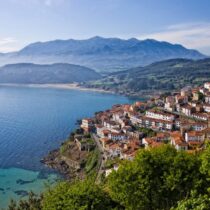



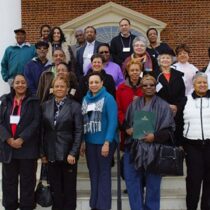


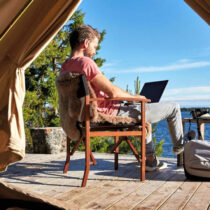


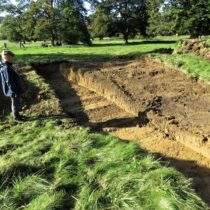
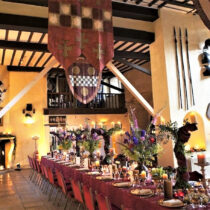
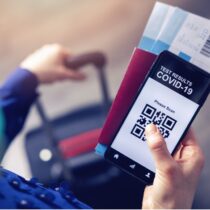
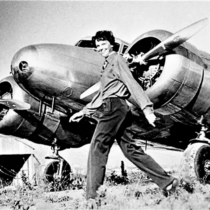
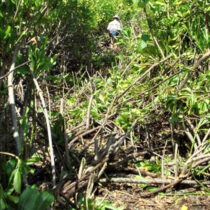




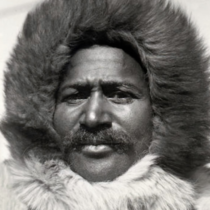
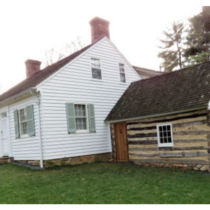
Comments are closed.